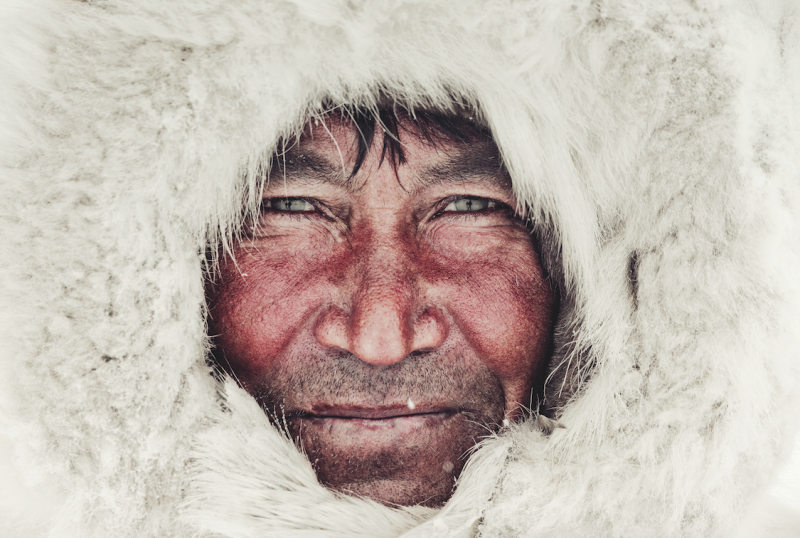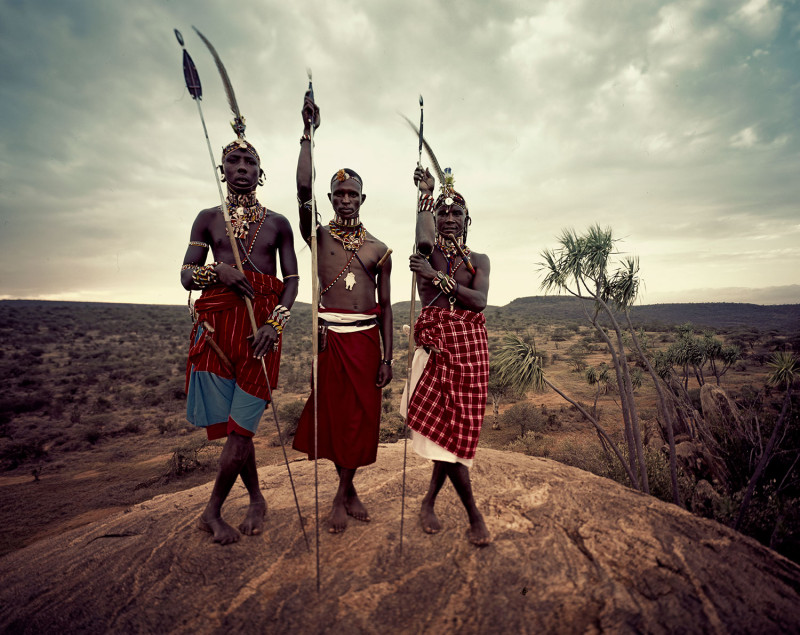In our increasingly global world, it’s easy for traditional ways of living to be left behind. From London to Nairobi, Rio de Janeiro to Cape Town, people flock to the cities and leave behind their cultural traditions. But in some pockets of the world, there are still tribes that have preserved centuries-old traditions. Singing Wells records, archives and shares some of this cultural heritage that is at risk of fading out – East Africa’s music. Not only do we want to sustain the musical heritage of East Africa, we want to promote it in today’s world.

With this in mind, we’ve been following the work of British photographer Jimmy Nelson with interest, who spent four years travelling to meet and photograph some of the world’s last surviving tribes. His book, Before They Pass Away, is a fascinating insight into these communities’ ways of life.
Nelson’s breathtaking photographs capture how these last remaining tribes continue their lives amid a changing world. But rather than charge in and start pointing his camera at these people, Nelson had to get to know them and to gain their trust.
When he met the Chukchi people, the elders told him: “You cannot photograph us. You have to wait, you have to wait until you get to know us, you have to wait until you understand us.”

Jimmy managed to gain this trust, spending weeks or months immersing himself in the tribe’s way of life. In Papua New Guinea, for example, Jimmy met with the Kalam tribe who decorate themselves with masks, wigs and plants to scare off potential enemies. In Vanuatu, he witnessed the traditional dance ceremonies that tribal people believe is crucial to gaining wealth. In Papua New Guinea’s highlands, he recorded how the Huli people shave their heads when they become a man, and continue to do so every day. With that hair they create wig that they decorate with feathers from birds, and that wig is a personal project that they continue to add to throughout their lives.
He followed the Samburu people in Northern Kenya as they travelled across the land searching for new plains for their cattle, and the Maasai in Tanzania. Singing Wells too has travelled extensively across Kenya, meeting remote tribes like the Pokot Tribe, the Marakwet Tribe and the Ameru Ethnic Community.

In a Ted Talk, he shared some of the fascinating rituals that he came across on his travels. Nelson’s objective, he says, was to reveal ‘beauty’. “I believe that I had to choose the most beautiful people on the planet in the most beautiful environment that they lived in,” he says.
Nelson’s work not only shares the wonderful cultures and traditions of these people with the world, but also serves to highlight the struggles these communities face: constant threats of displacement from their land, potentially deadly diseases brought by newcomers, and loss of the habitat on which they rely. It’s now more important than ever to understand, respect and celebrate the world’s indigenous cultures and remaining tribes, before it’s too late.
To find out more information about Jimmy’s work visit http://www.beforethey.com/.
Do you know of a music group that Singing Wells should be working with? Tweet us or Facebook us with your ideas.
Photos: by Jimmy Nelson
